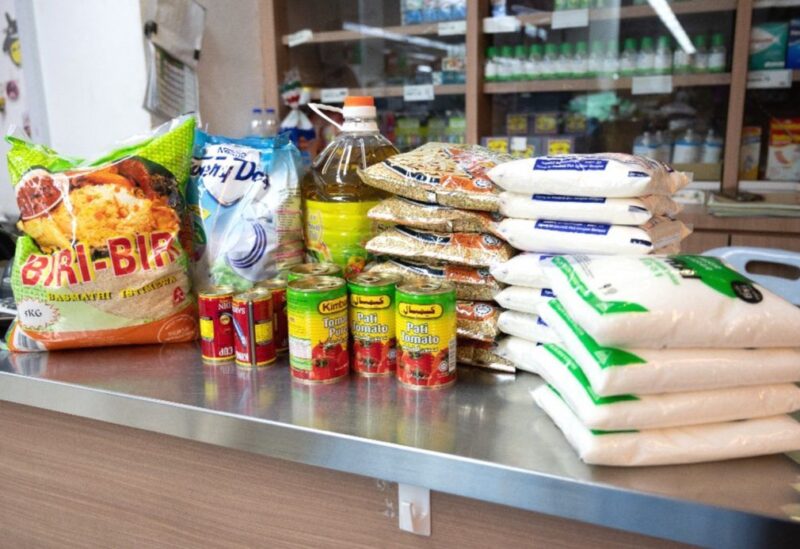
The food basket includes 60 items whose prices were collected in Lebanese pounds from more than 53 points of sale in various governorates in Lebanon
In its latest reports on food security around the world, the World Bank said that Lebanon recorded the highest nominal food price inflation rate in the world during the February 2022 – February 2023 period.
The country registered 261% annual change in the food Consumer Price Index (CPI), followed by Zimbabwe (128%).
With regard to the real inflation rate, the report monitored an increase in the annual change in food prices in Lebanon by 71 percent during the comparison period, followed by Zimbabwe by 40 percent, Rwanda by 32 percent, and Egypt by 30 percent.
In a separate report on poverty, the World Bank warned that the economic situation in Lebanon was rapidly deteriorating, noting that the exchange rate of the national currency against the US dollar was trading at about LBP 100,000 to the dollar, which means that the national currency has lost 98 percent of its value since the economic crisis started in the last quarter of 2019.
The World Bank also said the failure to address the financial sector losses, estimated at about $72 billion, more than three times the gross domestic product, deepens the impact of the crisis.
Recent field surveys have shown that the poverty rate continues to rise, as three out of five families classify themselves as poor or very poor, especially among those who do not receive remittances from abroad. While unemployment levels have decreased, the majority of people are now working in low-quality jobs.
In the updated forecasts, the World Bank estimated that the economy in Lebanon would contract by 0.5 percent at the end of this year, contrary to previous expectations of a decline in growth by 5.4 percent, as a result of a better-than-expected performance for some economic indicators, such as the tourism sector.
According to the World Food Program (WFP), and with the continued rise in food prices, food insecurity is expected to affect about 1.46 million Lebanese people and about 800,000 refugees by the end of this month.